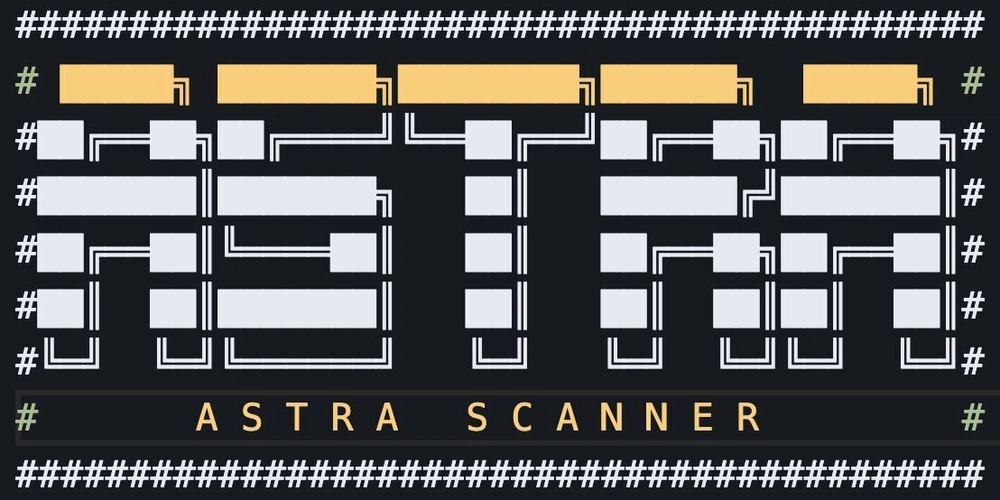Fiction Writing as a Path to Healing and Self-Discovery
Explore how fiction writing can help you heal and grow. Visit website for more insights into personal transformation.

Have you ever written down your thoughts in a notebook or journal, only to realize you were learning more about yourself than you expected? Now imagine taking that idea a step further—into the world of fiction writing. Crafting stories isn't just for novelists or English majors. It’s a powerful tool for healing, self-reflection, and even transformation.
Fiction writing allows us to face our feelings in a safe space, explore “what if” scenarios, and find new meaning in past experiences. It’s like therapy—but with plot twists.
Whether you’ve never written a story in your life or you’re halfway through your third novel, this guide will show how putting pen to paper can be a life-changing experience.
What Makes Fiction Writing Therapeutic?
Fiction writing isn’t just about creating dragons or solving mysteries. It's about expressing the inexpressible. When you write fiction, you’re building a world where you have control—where you can experiment with outcomes, emotions, and decisions without judgment. This sense of freedom can be incredibly therapeutic.
The Link Between Creativity and Emotional Well-Being
Studies show that engaging in creative acts like writing helps lower anxiety, reduce stress, and even improve immunity. It's as if our minds release a bit of pressure when we create. Writing fiction, especially, offers a special kind of emotional release that straight-up talking often can't match.
Fiction as a Safe Space for Painful Memories
Ever wished you could rewrite your past? Fiction lets you do that—figuratively. You can take a painful memory, disguise it in a character’s story, and examine it from a distance. It’s like looking at your life through a stained-glass window: the light still shines through, but the edges aren’t as sharp.
Building Empathy Through Character Development
When you develop characters, you’re forced to see the world through their eyes. Maybe your villain is lonely. Maybe your hero doubts themselves. As you explore different perspectives, you’re really expanding your own emotional range—becoming more empathetic toward others and even yourself.
Discovering the Hidden You: Writing as Self-Exploration
Characters often reflect parts of ourselves that we don’t always see. That shy side you suppress? That rebellious streak? Your protagonist might live it out. Writing fiction can uncover hidden aspects of your personality, gently holding up a mirror to your inner world.
Turning Trauma into Triumph Through Storytelling
Many people have turned their most painful experiences into powerful stories. Think of Maya Angelou or Jeanette Walls. By fictionalizing trauma, you’re not just processing it—you’re reclaiming your narrative. You become the author, not the victim.
Healing the Inner Child Through Imaginative Writing
Remember being a kid and making up stories just for fun? That’s still inside you. Writing fiction can reconnect you with that childlike sense of wonder, curiosity, and freedom. It’s not just healing—it’s joyful.
The Cathartic Power of Plot and Resolution
Stories have beginnings, middles, and—importantly—endings. When life feels chaotic, writing a story with a satisfying resolution can be deeply calming. It reminds us that even in fiction, healing is possible.
Journaling vs. Fiction: What's the Difference?
Journaling is about recording your real thoughts and feelings. Fiction, on the other hand, lets you approach those feelings sideways. It’s a bit like telling the truth while wearing a mask—it can actually feel safer and more honest.
Using Writing Prompts to Begin the Healing Journey
Not sure where to start? Try prompts like:
-
“Write about a character who’s carrying a secret.”
-
“Create a world where your fear doesn’t exist.”
-
“Imagine your younger self meets your present self—what do they say?”
You’d be surprised how quickly the words—and emotions—start to flow.
When Fiction Mirrors Real Life
Sometimes, you write a story and later realize you were writing about your life all along. That’s the magic of fiction—it lets truth sneak in through the back door. These “aha!” moments are key to self-discovery.
Community and Connection Through Story Sharing
You don’t have to write in isolation. Sharing your work with others—online or in writing groups—builds connection. You’ll find people saying, “I felt that too,” which can be profoundly healing.
Creating a Personal Writing Ritual
Make writing a habit, not a chore. Light a candle. Play music. Write for ten minutes a day. When writing becomes ritual, it transforms into a sacred space where healing and growth happen naturally.
Overcoming Writer's Block with Self-Compassion
Writer’s block isn’t laziness. It’s often fear—of failure, of emotion, of not being “good enough.” Be gentle with yourself. Write badly if you have to. Healing isn’t about perfection; it’s about showing up.
Resources to Support Your Writing and Healing
Looking for inspiration? Here are some resources:
-
A wonderful space for growth, healing, and creative self-expression.
-
Books: The Artist’s Way by Julia Cameron, Writing Down the Bones by Natalie Goldberg.
-
Apps: Journey, Day One, or Penzu for digital journaling.
-
Groups: Check out writing communities on Reddit, Facebook, or local libraries.
Conclusion
Fiction writing isn’t just a creative hobby—it’s a path inward. It can help us heal, discover hidden parts of ourselves, and connect with others. You don’t need to be a professional writer to experience the power of storytelling. All you need is a willingness to explore, to feel, and to begin.
So why not start today? The blank page is waiting—and so is your healing.
Frequently Asked Questions
1. Can anyone use fiction writing for healing, even if they’re not a writer?
Absolutely! You don’t need experience—just a willingness to explore your feelings through storytelling.
2. How is fiction writing different from therapy?
Fiction writing offers a creative and personal outlet, while therapy provides structured, professional guidance. Both can work well together.
3. What should I do if I get emotional while writing?
Take breaks, breathe, and remind yourself that emotions are part of the process. Writing can bring up deep feelings—that’s okay.
4. Do I have to share my writing with others for it to be healing?
Not at all. Some people find healing in sharing, others in privacy. Do what feels right for you.
5. How can I get started if I feel stuck or scared to write?
Use gentle prompts, write in short bursts, and let go of the need to be perfect. Start small, and let the words lead you.
























































































